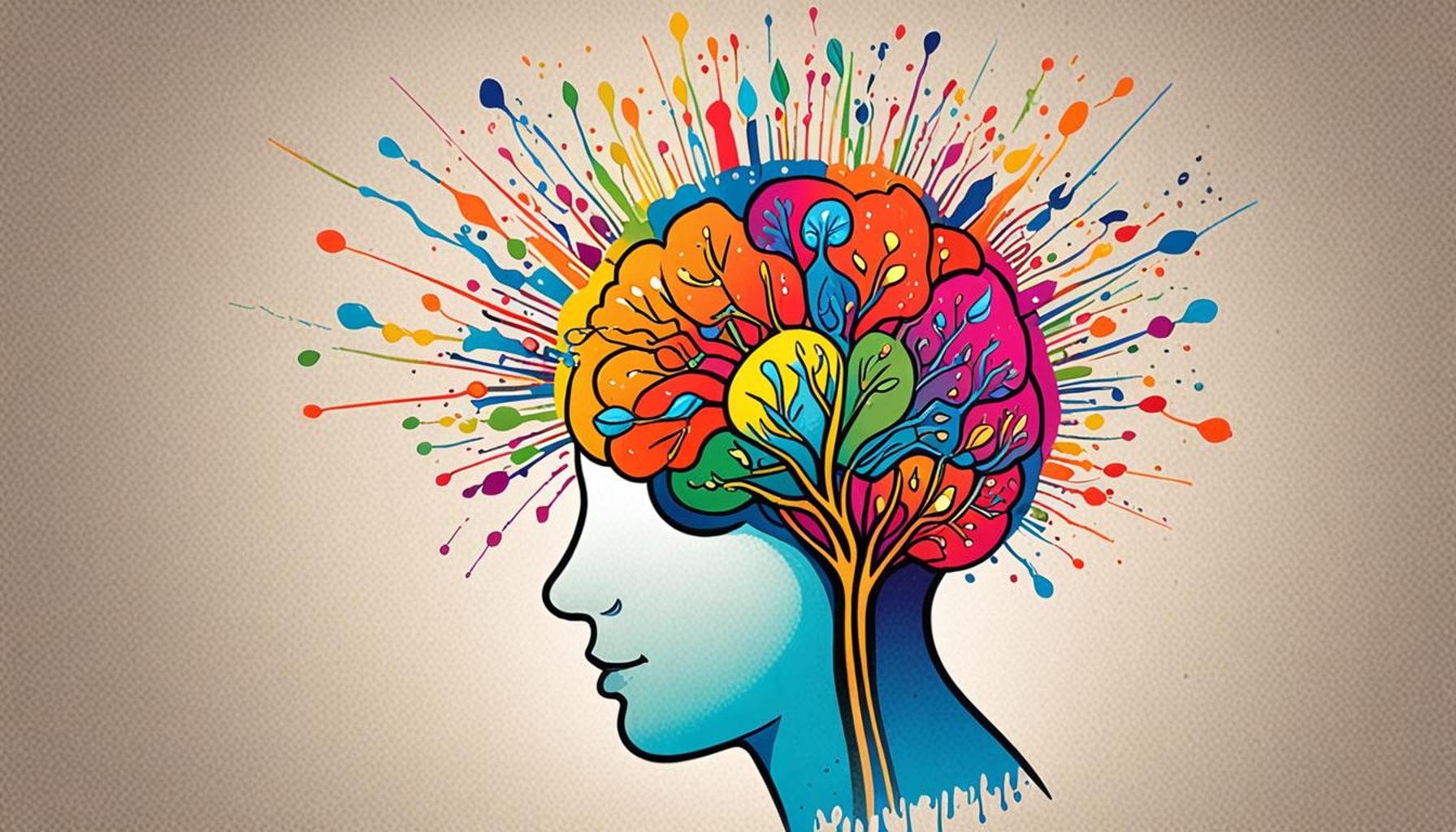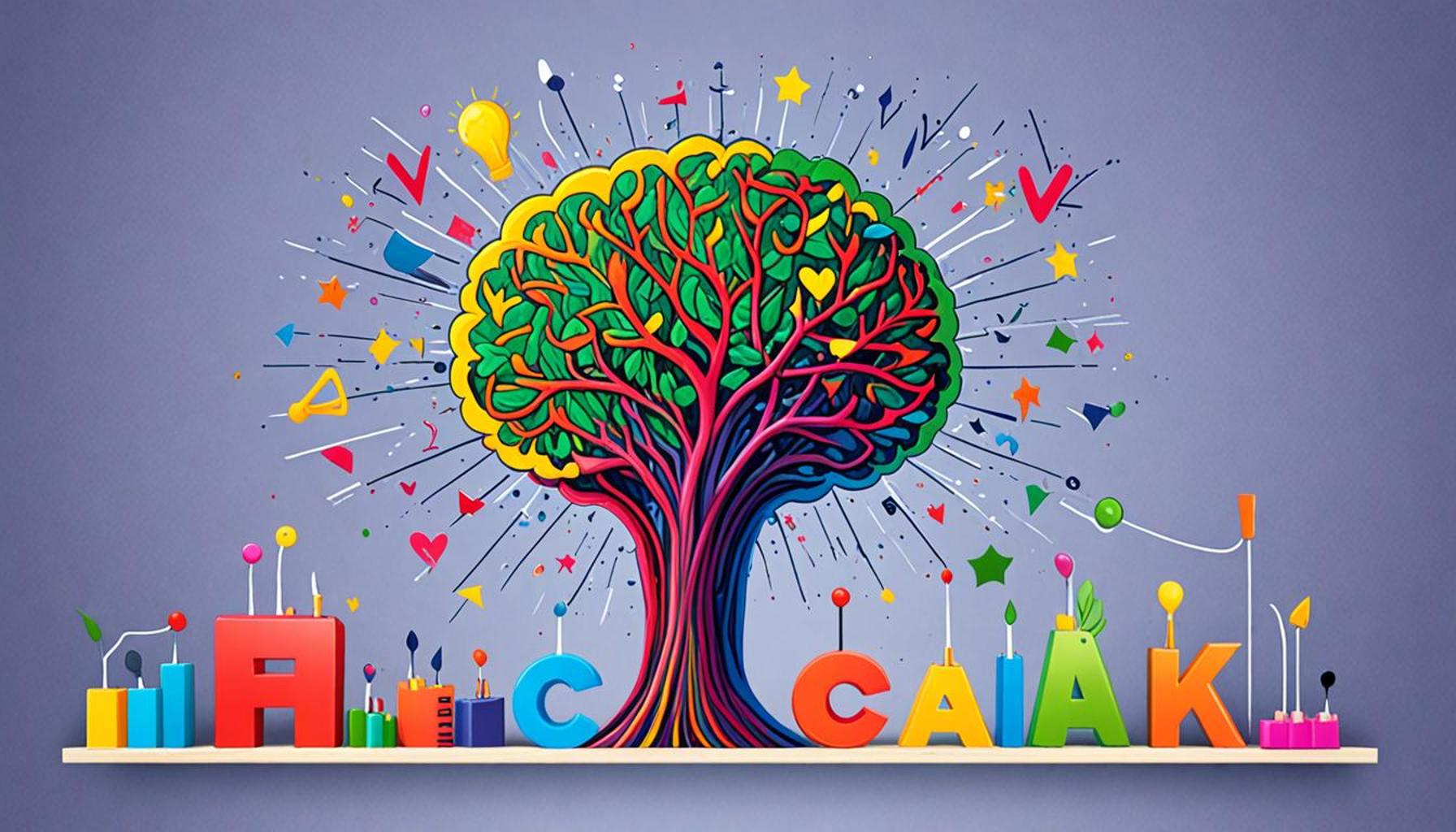Feedback and Growth Mindset: Building Trusting Relationships to Improve Performance

The Importance of Feedback in Personal and Organizational Growth
The dynamic landscape of both personal and professional realms underscores the significance of the ability to adapt and evolve. One of the most impactful strategies in facilitating this transition is effective feedback. This powerful tool, when harnessed properly, can cultivate a growth mindset, essential for nurturing robust and trusting relationships among peers and teams.
Elements that Enhance Feedback
Several key elements contribute to the effectiveness of feedback, especially in culturally diverse settings like Nigeria:
- Openness: Creating an environment that encourages honest conversations is paramount. When individuals feel safe to express their ideas and concerns without fear of retribution, it lays the foundation for vulnerability and trust. For example, in some Nigerian workplaces, fostering regular feedback sessions can help address local challenges, improving overall morale.
- Continuous Learning: A growth mindset promotes the understanding that challenges should be seen as stepping stones to personal and organizational development. This perspective is particularly relevant in industries like tech and agriculture in Nigeria, where rapid advancements necessitate an ongoing commitment to learning. Encouraging teams to partake in skill-building workshops can be a productive application of this principle.
- Trust: The cornerstone of any successful team is trust. When team members believe in one another’s capabilities and intentions, collaboration flourishes. In Nigeria, communal values can be remarkably strong; reinforcing these can enhance workplace relationships, making goal attainment more achievable.
Feedback as a Bridge for Communication
In Nigeria, characterized by its rich tapestry of cultures and languages, effective feedback serves as a bridge that connects various points of view, improving workplace dynamics. By engaging in continuous dialogue, employers and employees can address and resolve issues more proficiently, ensuring that everyone is aligned with the organization’s objectives.
The Synergy of Feedback and Growth Mindset
Understanding how feedback and a growth mindset work together is crucial for success. This synergy not only fosters an environment where individuals feel valued but also enhances team performance and collective achievement. Organizations that prioritize these elements are more likely to develop resilient teams ready to face the challenges of an ever-changing market landscape.
Moreover, as Nigeria continues to develop both economically and socially, embracing feedback in the workplace is essential. With the right strategies, both individuals and organizations can harness the power of feedback to not only improve performance but also contribute to a culture of respect, collaboration, and shared vision for the future.
RECOMMENDED: Check out this similar article
Empowering Employees through Constructive Feedback
In the fast-evolving work environment of Nigeria, feedback is not just a formal requirement but a vital instrument for fostering employee empowerment and driving organizational success. To cultivate a culture where team members feel valued and motivated, the implementation of structured feedback mechanisms is essential. This empowerment often revolves around individualized, constructive discussions that focus on personal and professional development.
The Role of Constructive Criticism
Constructive criticism plays an indispensable role in shaping a growth mindset. Rather than focusing solely on performance shortcomings, effective feedback highlights opportunities for improvement, driving individuals to push their boundaries. In Nigerian workplaces, managers who embrace this approach can significantly enhance employee engagement. Moreover, research shows that when employees receive specific, actionable feedback, they are 17% more likely to pursue further training and skill development to meet their objectives.
Building a Culture of Feedback
To successfully embed feedback into the organizational culture, several strategies can be implemented:
- Regular Check-Ins: Scheduling frequent one-on-one meetings fosters a continuous dialogue about performance and potential growth areas. This allows employees to express their concerns in a safe environment, ultimately reducing anxiety surrounding feedback.
- 360-Degree Feedback: Utilizing feedback from various stakeholders, including peers, supervisors, and follow-up assessments, helps create a clear picture of performance. In the Nigerian context, this approach can safeguard against biases, ensuring a comprehensive review process.
- Training and Development Workshops: Investing in continuous learning opportunities enhances both skill sets and confidence. Workshops tailored to specific industries, such as technology or agriculture, can empower employees to adapt to changes and become more innovative in their roles.
These strategies underline the potential of feedback as a catalyst for creating a growth-oriented workforce. When employees understand that they are part of a system that growth recognizes their contributions and encourages their development, they are more likely to embrace challenges as opportunities for personal and organizational progress.
Feedback and Compassionate Communication
In many Nigerian workplaces, where communal relationships often influence interactions, compassionate communication is crucial for implementing effective feedback. Employees who perceive their supervisors as caring and genuinely invested in their growth are more likely to trust and accept constructive feedback. Such trust acts as a solid foundation, enabling team members to embrace a culture of feedback without apprehension, leading to improved team dynamics and performance.
Therefore, recognizing feedback as an opportunity for dialogue, learning, and growth rather than a critique paves the way for not only personal development but also enhances organizational performance. By fostering an environment where feedback is welcomed and appreciated, organizations in Nigeria can build trusting relationships that empower employees to strive for excellence.
| Category 1 | Category 2 |
|---|---|
| Effective Communication | Fostering an environment where feedback is actively encouraged leads to better insights. |
| Empathy | Understanding each individual’s perspective strengthens relationships and enhances trust. |
Engaging in effective communication is crucial for the feedback and growth mindset process. By encouraging open dialogues among team members, organizations can disrupt communication barriers and promote a culture where feedback is not only accepted but valued. This shift can result in deeper insights that may lead to increased productivity and improvement in performance metrics.Moreover, empathy plays a pivotal role in bridging gaps between personal and professional interactions. By valuing each member’s experiences, leaders can create an inclusive atmosphere that nurtures trust. This recognition of individual perspectives not only fosters stronger relationships but also enhances overall team cohesion. As organizations continue to prioritize these factors, they are likely to see a transformation in both individual and group performance, leading to sustained success and growth.
YOU MAY ALSO LIKE: Read read another article
Fostering Growth through a Supportive Feedback Environment
In the quest to develop a robust growth mindset, it is crucial to recognize that feedback must stem from a foundation of support. A feedback environment that prioritizes psychological safety enables employees to voice their challenges, uncertainties, and aspirations without fear of negative consequences. In Nigeria, where the workplace is increasingly influenced by collaborative team dynamics, creating an atmosphere of safety encourages employees not just to receive feedback but actively seek it. This cycle of giving and receiving feedback allows for continuous development and reinforcement of competence.
The Impact of Peer Support
Amidst the complexities of workplace relationships, the role of peer feedback can sometimes be overlooked. Employees often feel more comfortable receiving input from colleagues who share similar experiences and challenges. According to research, peer feedback can enhance trust and establish a more connected organizational culture. In Nigerian companies, where team cohesion plays a significant role, fostering peer support systems can significantly influence employee morale. Initiatives such as peer review sessions or buddy systems can prove invaluable, as they encourage open communication and enable individuals to learn from one another.
Linking Feedback to Performance Metrics
Incorporating measurable performance metrics can also elevate the feedback process. When feedback is backed by concrete data—such as sales growth percentages, project timelines, or customer satisfaction scores—it aligns employees with clear expectations and objectives. This quantitative aspect not only streamlines accountability but also serves as a motivator for employees to take actionable steps towards improvement. By linking feedback to tangible outcomes, organizations in Nigeria can create a more transparent and goal-oriented work culture.
Celebrating Progress with Constructive Feedback
Recognizing achievements is another vital aspect of fostering a growth mindset. Celebrating even the smallest improvement can encourage continuous striving for excellence. Employers should not only focus on areas requiring development but also highlight successes. In Nigerian workplaces, using announcements, team meetings, or recognition programs can help cultivate a sense of belonging and accomplishment among employees. The infusion of positive reinforcement helps build trust and encourages team members to take risks and innovate without the looming fear of failure.
Leveraging Technology for Enhanced Feedback Loops
As technological advancements reshape the workplace, utilizing digital tools for feedback can also play a transformative role. Platforms that allow for real-time feedback and performance tracking are especially beneficial in fast-paced Nigerian industries. Tools such as employee engagement surveys, feedback apps, and performance management software can streamline the process of providing meaningful feedback. These technologies close the feedback loop and make it easier for employees to visualize their growth and alignment with team and organizational goals.
In essence, creating a comprehensive feedback framework requires a multifaceted approach that combines support, peer engagement, measurable performance, recognition, and technology. By investing in these areas, organizations in Nigeria can cultivate a vibrant culture of feedback that enhances the growth mindset, ultimately leading to higher performance and enhanced trusting relationships among team members.
CHECK OUT: Click here to explore more
Conclusion: The Path to Organizational Excellence through Feedback and Growth Mindset
In summary, the integration of feedback within a growth mindset framework is not merely a tool for improvement; it is a catalyst for transformative relationships that propel organizations towards excellence. By establishing a supportive feedback environment, employees are encouraged to embrace challenges and view setbacks as opportunities for growth rather than failures. This shift in perspective fosters a culture characterized by psychological safety, enabling individuals to express their ideas and confront their shortcomings openly, particularly in the dynamic business landscape of Nigeria.
Moreover, embracing the power of peer support ensures that feedback loops are enriched by collaborative experiences, providing a more relatable context for learning. When organizations tie feedback to quantifiable performance metrics, they not only create a clear pathway towards achieving set goals but also instill a sense of accountability and motivation among employees. The celebration of achievements, regardless of their scale, nurtures a positive environment that encourages risk-taking and innovation.
As technology continues to advance, leveraging digital solutions can further streamline and enhance the feedback process, ensuring it is timely and relevant. Organizations that prioritize these elements will find themselves not only enhancing individual performance but also building a cohesive and trust-based organizational culture. To thrive in today’s competitive landscape, businesses in Nigeria must recognize that effective feedback, coupled with a strong growth mindset, is the foundation for cultivating relationships that drive success. By investing comprehensively in these areas, they can unlock the full potential of their workforce, ultimately leading to sustained growth and organizational excellence.



